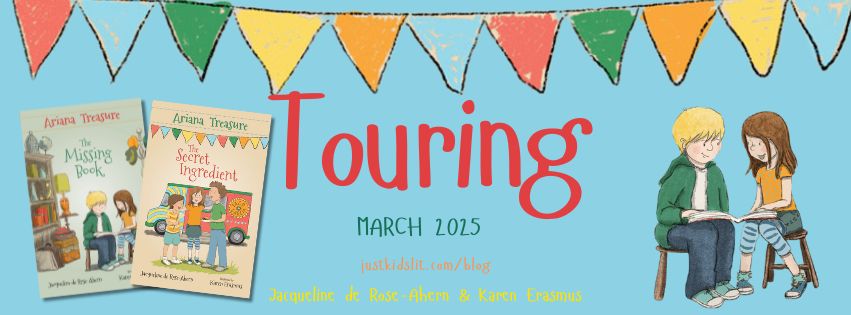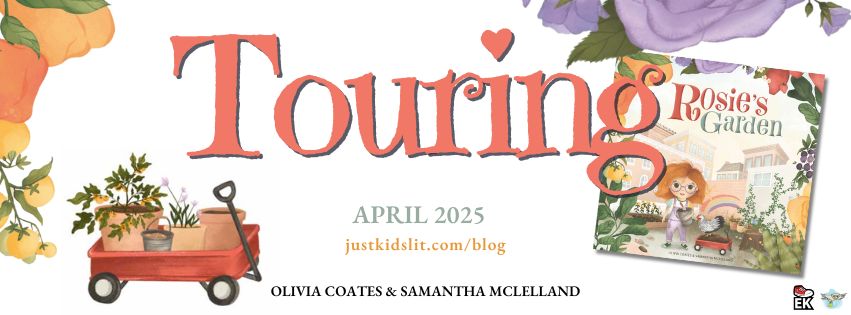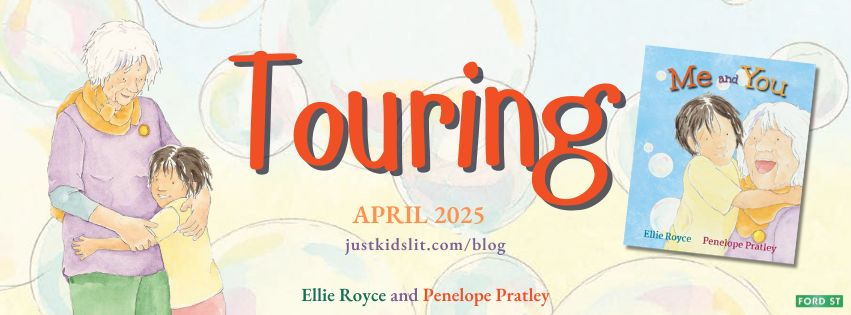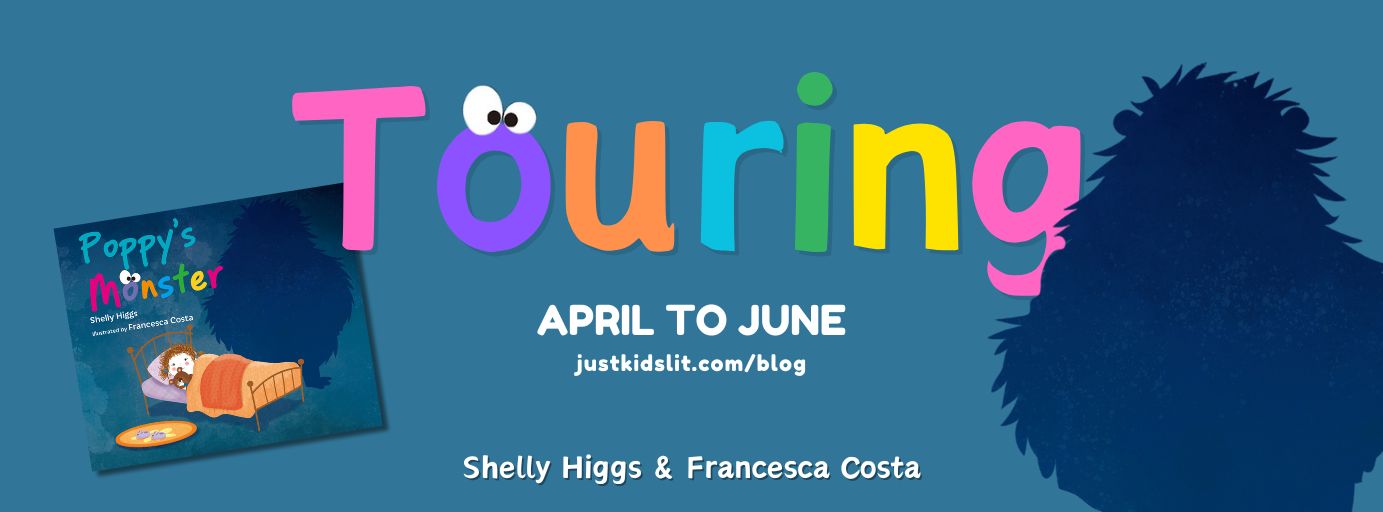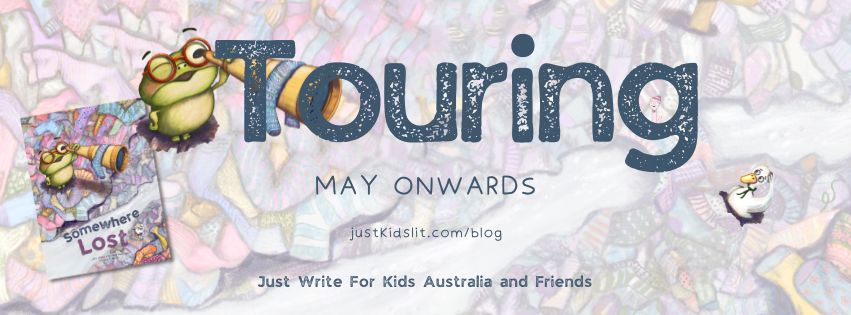We are delighted to welcome back Penny Harris, author and knowledgeable expert in teaching social and emotional skills to children in the early years. You may remember our wonderful ‘Ginnie & Pinney, Learn & Grow’ book campaign where we discovered the fun and value from the first two titles in the series. It is with delight to introduce the next two books; Movie Mayhem and Roll Up, Roll Up, Clean Up! Penny Harris is here to impart her understandings on how these picture books can be utilised in early childhood settings to teach empathy and responsibility. Thanks, Penny! 🙂
Happily, two more books from the ‘Ginnie & Pinney’ ‘Learn & Grow’ series for children 3-8 are being released this month; ‘Movie Mayhem’, a story about ‘saying sorry’ and ‘Roll Up, Roll Up, Clean Up’ a story about ‘taking responsibility’.
 Do little children understand the concept of ‘saying sorry’? Why do some children find it difficult to apologise? Is it more important to ‘feel sorry’ or to ‘say sorry’?
Do little children understand the concept of ‘saying sorry’? Why do some children find it difficult to apologise? Is it more important to ‘feel sorry’ or to ‘say sorry’?
In the book ‘Movie Mayhem’ Tao Tiger gets very cross with his friends when they disrupt his peace and quiet and yelling at Ginnie Giraffe, he realises he needs to apologise.
What is probably more important than ‘saying sorry’ is to actually ‘feel sorry.’ This requires a level of empathy that some children may understand intuitively whilst others need a helping hand. This is where a book such as ‘Movie Mayhem’ can help adults explain empathy to their child and discuss the concept of feeling sorry and saying sorry.
When Tao’s friends burst into Tao’s house uninvited, Tao is rightfully annoyed, but do the friends apologise for the disruption? Should they have?
It is a good investigative question to ask your child or children to think about whether there is a right course of action when someone does something to upset another and whether these actions might require an apology.
When Tao finally loses his temper and yells as Ginnie, who is the only one sensitive to Tao’s need for quiet, everyone is very upset, particularly Ginnie. Leaving Tao to think about his outburst the friends continue their fun at Pinney’s house. But Ginnie does not feel like joining in. Tao, finally on his own, is not enjoying the peace and quiet any longer. He is feeling too guilty and is remorseful about losing his temper and yelling at Ginnie.
Here is a good opportunity to talk about ‘remorse’ and how Tao is now thinking about Ginnie and how his yelling has upset her. As a result of putting himself in Ginnie’s shoes, Tao says sorry to Ginnie. Is Tao being empathetic? What does being empathetic mean? Does Ginnie forgive Tao? Does she have to accept his apology? Ask your child what they would do in similar circumstance.
 Is it difficult to get your child or children to clean up their mess? How can you make it more fun? Can we explain what it means to take responsibility for something?
Is it difficult to get your child or children to clean up their mess? How can you make it more fun? Can we explain what it means to take responsibility for something?
In ‘Roll Up, Roll Up, Clean Up’ the koala siblings, Kevin, Kelly and Kylie are making a big mess of their treehouse, refusing to clean it up. The smell is so bad their friends decide to tell the koalas they need to clean up. Here is a dilemma the friends discuss; is it right for them to interfere by telling the koalas they need to clean up? Ask your child what they would do.
After much discussion the friends decide to intervene. The Koalas blame each other for the mess avoiding responsibility but when the friends offer help the koalas get involved. But have they really learnt a lesson? Will they take responsibility in the future?
This is a difficult topic and one I have struggled with, with my own children; not always successfully!
What can we do to encourage children to take responsibility for their actions? Telling your child they are doing a ‘good job’ and asking them how they feel when you do so, is a great way to give them a sense of pride.
In ‘Roll Up, Roll Up, Clean Up’ the friends take responsibility for the koalas’ mess. This is a good discussion point about whether it is right to take responsibility for others or only for yourself. What would your child do?
It is amazing to hear what children think about these complex issues and a little guidance from our stories will help them understand the themes of ‘saying sorry’ and ‘taking responsibility’ in a humorous and sensitive way.
In this uncertain world of social isolation children need both reassurance and opportunities to develop positive social and emotional skills. Every relatable book opens discussion, promotes personal reflection and every Ginnie & Pinney book includes a video to reinforce these understandings!
Visit the Ginnie & Pinney website to view all the titles in the series and for a range of resources.
Ginnie & Pinney are available to purchase through Big Sky Publishing.







